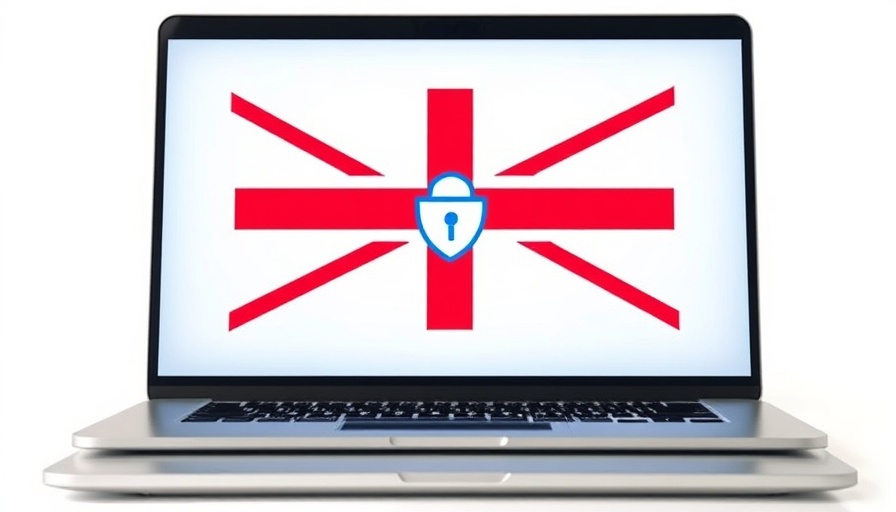
Understanding the Online Safety Act: A Parent’s Perspective
In a world that's becoming increasingly digital, the United Kingdom's Online Safety Act promises to create a safer online environment for everyone, especially children. However, the implementation of such regulations has sparked a wave of unforeseen consequences that parents need to be aware of. From unintended censorship of educational content to the stifling of communication platforms, the act is revealing layers of complexity that challenge its initial intentions.
The Absurdities of Overreach
Several notable examples illustrate how the Online Safety Act has generated bizarre fallout. For instance, educational resources that discuss sensitive topics about health and relationships are being filtered out, leaving parents concerned about the availability of age-appropriate teaching materials. When safety measures compromise educational integrity, it raises alarms about the balance between protecting children and unnecessarily restricting their access to information.
Unintended Consequences: A Social Media Paradox
In the age of social media, platforms designed to promote connectivity are now facing stringent regulations. Parents might think these measures are beneficial, yet they inadvertently lead to an exodus of smaller platforms that cater to niche communities. Consequently, children and teenagers may find themselves gravitating towards less moderated platforms, effectively increasing exposure to harmful content rather than mitigating it. This paradox highlights the irony of safety regulations that inadvertently create more risks.
The Censorship Debate: Where Do We Draw the Line?
Censorship is a contentious topic, particularly when it affects young minds. The Online Safety Act has led to applications and websites being flagged for obstructions in legitimate discourse. Parents must be involved in conversations about what content is deemed 'unsafe'—often skewed by personal biases. Stories of censorship mishaps have raised concerns about the rights of users to access information freely. What happens when legitimate discussions around mental health or social issues are flagged? The debate around censorship is not merely a regulatory issue; it poses existential questions about communication and expression.
Parental Controls and a False Sense of Security
While parental controls aim to safeguard children online, they can foster a false sense of security. If parents assume that all harmful content is filtered out, they may neglect crucial conversations with their children about Internet safety. As experts suggest, the real solution lies not in over-regulation but in fostering an environment where parents and children can discuss online experiences openly, taking an approach that empowers children to navigate the digital world safely.
A Call for Balanced Legislation
The fallout from the Online Safety Act is a wake-up call for lawmakers across the globe. While the intent to protect children online is noble, the execution leaves much to be desired. Any future frameworks should not only consider the importance of safeguarding young users but also the necessity of preserving safe spaces for discussion and learning. Parents must advocate for balanced policies that prioritize the educational needs of children alongside their safety.
Conclusion: Educate, Empower, and Engage
As parents, it is essential to remain proactive regarding online safety regulations. Understanding the implications of laws like the Online Safety Act equips you to guide your children through the digital landscape effectively. Encourage open dialogues about what they encounter online and empower them to think critically about the content they consume. By staying engaged and informed, you can navigate the challenges of digital parenting with greater confidence.
 Add Row
Add Row  Add
Add 




Write A Comment